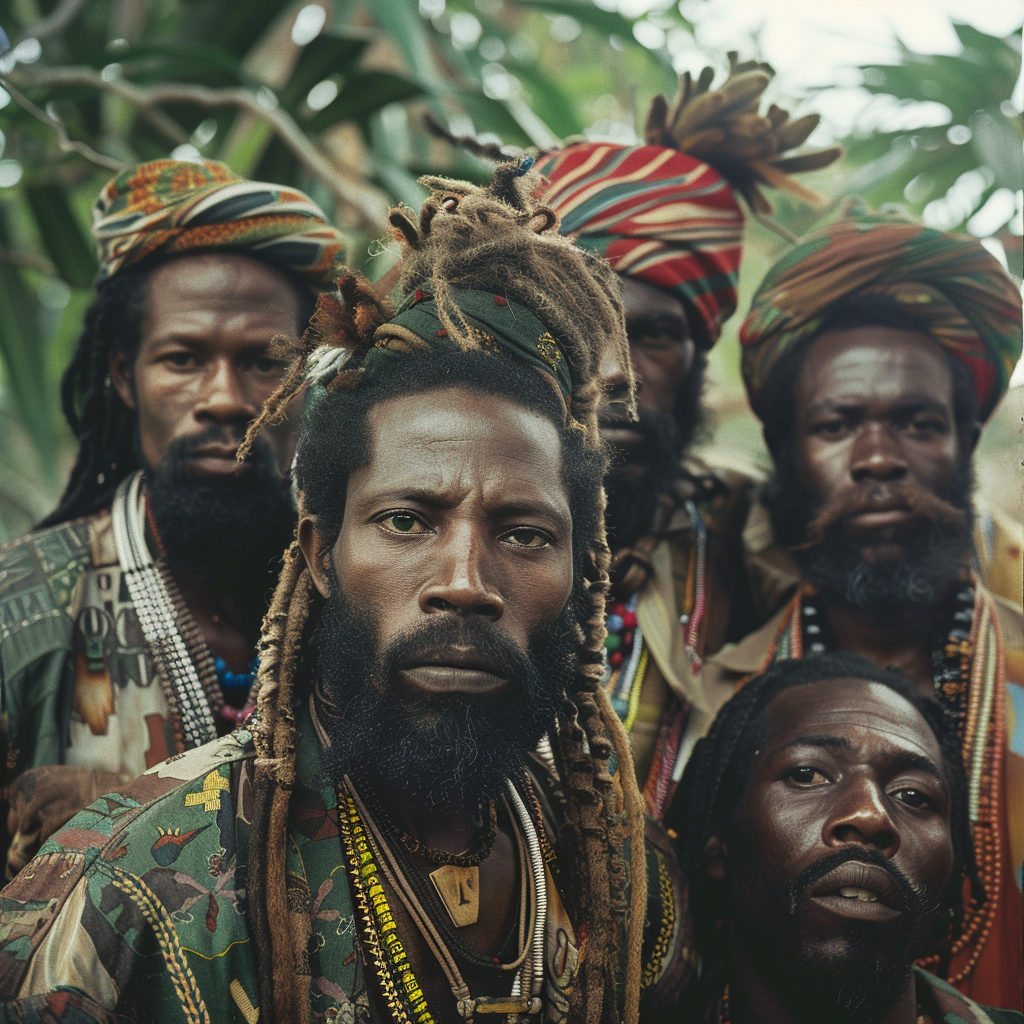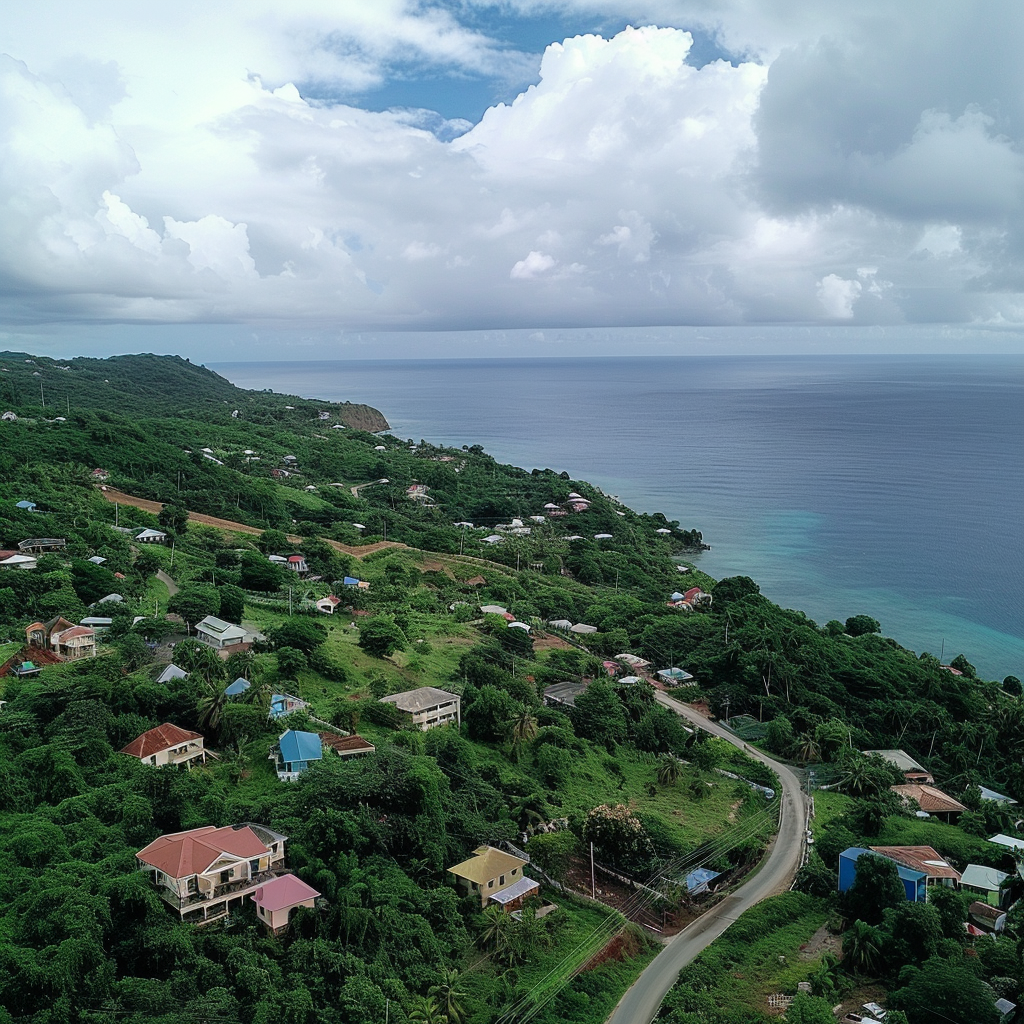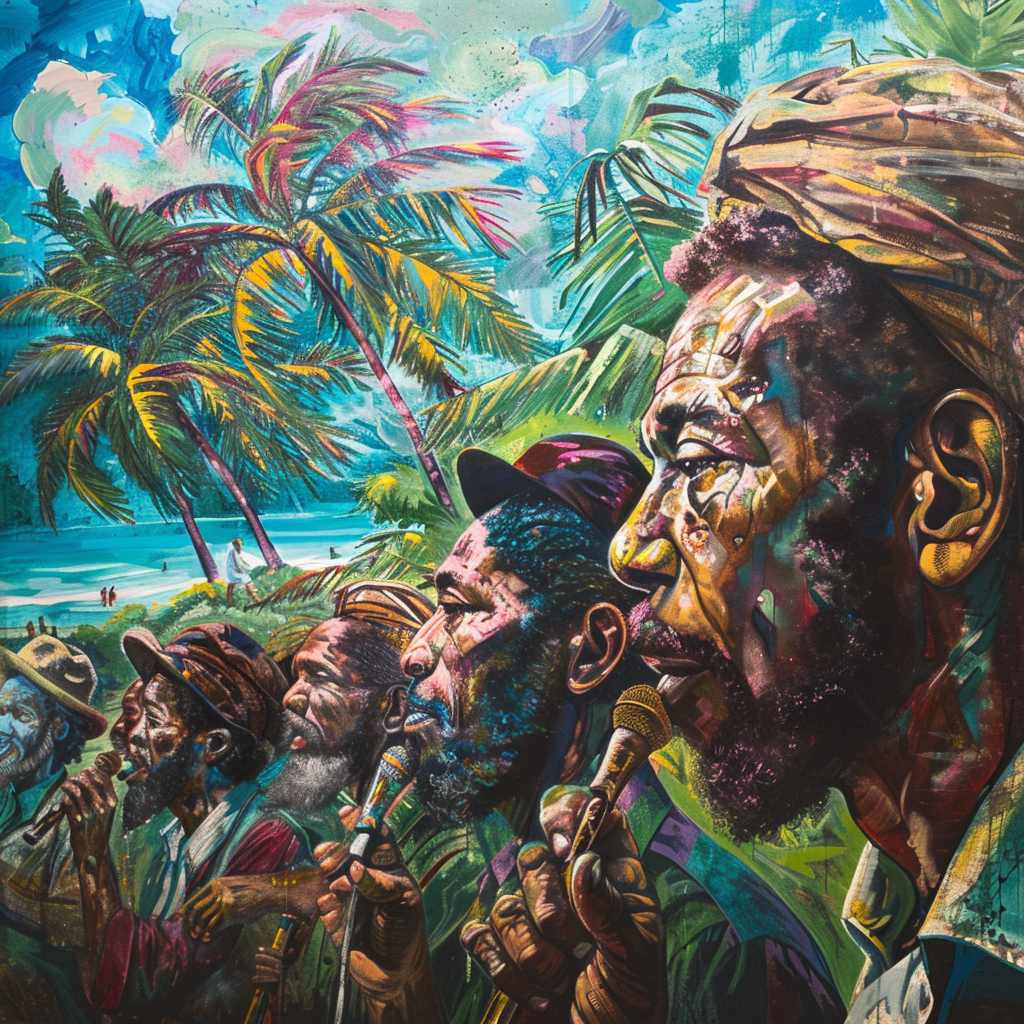
In April 1963, Jamaica was shaken by a series of events that would forever stain its history—the Coral Gardens incident. What started as a violent altercation at a gas station in Montego Bay escalated into a harrowing episode of police brutality against the Rastafarian community, resulting in loss of life, torture, and mass arrests.
Tensions had been brewing between the Rastafarian community and the authorities for years. The Rastafarians, often marginalized and persecuted, faced discrimination and violence, particularly from law enforcement. The possession of cannabis, central to Rastafarian religious practices, often served as a pretext for arrests and brutality.

On April 11, 1963, chaos erupted at a gas station, leading to a deadly clash between Rastafarians and the police. Accounts of the incident vary, but what followed was a state-sanctioned crackdown on the Rastafarian community. Prime Minister Alexander Bustamante infamously ordered, "Bring in all Rastas, dead or alive," setting off a wave of violence and persecution.
Over the course of the following days, police and military forces launched a brutal manhunt, detaining, torturing, and killing Rastafarians indiscriminately. The exact number of casualties remains unknown, but estimates suggest that as many as 150 individuals were detained, with many facing unspeakable atrocities.

For decades, the Coral Gardens incident remained shrouded in silence, its victims denied justice and recognition. However, in April 2017, Jamaica took a significant step towards reconciliation. The government issued a formal apology, acknowledging its role in the atrocities and establishing a trust fund to support survivors and their families.
Furthermore, efforts are underway to provide reparations and recognition to the Rastafarian community. Land at Albion Heights in St. James is set to be transferred to the Rastafari Coral Gardens Benevolent Society, marking a symbolic victory for the community. Plans for a cultural center and heritage site offer hope for healing and remembrance.

As Jamaica confronts its past, it also looks towards the future—a future built on justice, equality, and reconciliation. The journey towards healing may be long, but with each step, the voices of the Coral Gardens victims grow louder, demanding acknowledgment and redress for the injustices of the past.
